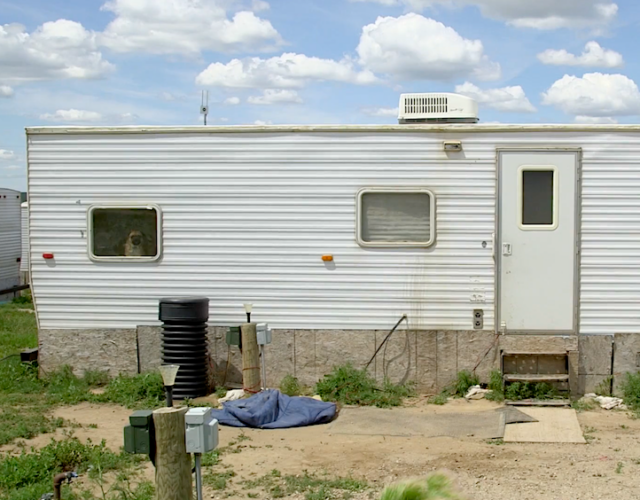After Hurricanes Katrina and Rita tore into the Gulf Coast in 2005, they displaced more than a million residents. For many of these people, trailers provided by the Federal Emergency Management Agency (FEMA) became their homes. But many of the new occupants soon became sick.
The culprit was formaldehyde, which emanated from the hastily assembled, substandard materials used to make the temporary homes. The toxic FEMA trailers became an embarrassment to the agency and, in the eyes of many, emblematic of the government’s mismanaged response to the disaster.
In 2015 Distillations followed researcher and medical anthropologist Nicholas Shapiro as he looked for the remaining FEMA trailers. His search took him to the oil fields of North Dakota, where a different kind of housing crisis was taking place.




